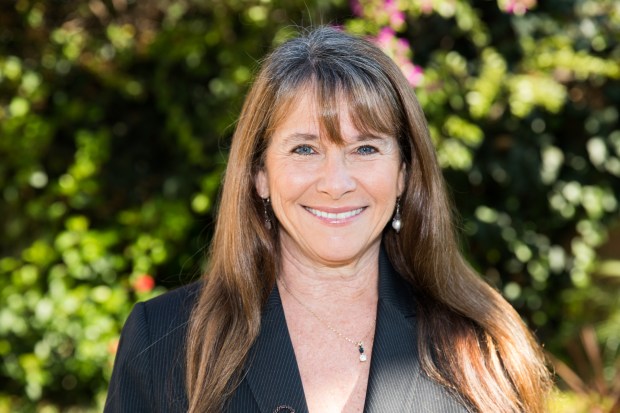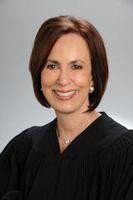On Dec. 6, the Florida Supreme Court will hear arguments on whether there are limits to Gov. Ron DeSantis’ authority to invalidate the results of local elections. Since taking office, the governor has removed an astounding 23 locally elected officials — school board members, mayors, a sheriff and prosecutors — many because he didn’t agree with their policies or because it was politically expedient. In doing so, he has eroded the very core of our democracy, the right of the people to be represented by the leaders they elect. Now the question is: will the Court put an end to this abuse of power and preserve democracy?
 This case tests the constitutionality of the governor’s suspension of Monique Worrell, the duly-elected State Attorney from the 9th Judicial Circuit, which includes Orange and Osceola counties. Voters overwhelmingly elected Worrell in 2020 based on her promise to promote public safety, justice and equity by meeting the needs of victims, prioritizing the most serious cases and investing in communities.
This case tests the constitutionality of the governor’s suspension of Monique Worrell, the duly-elected State Attorney from the 9th Judicial Circuit, which includes Orange and Osceola counties. Voters overwhelmingly elected Worrell in 2020 based on her promise to promote public safety, justice and equity by meeting the needs of victims, prioritizing the most serious cases and investing in communities.
Yet, the governor decided that he knew better than the people of Orange and Osceola counties. In suspending Worrell, DeSantis could only point to vague policy disagreements because no legal justification for the suspension exists. While DeSantis took issue with how Worrell exercised her prosecutorial discretion, the Florida Supreme Court itself has acknowledged that “[u]nder Florida’s constitution … the state attorney has complete discretion in deciding whether and how to prosecute.”
Prosecutorial independence is an essential part of both the Floridian and American criminal legal systems, and the Court must ensure that the significant decisions made every day by prosecutors are safeguarded from political interference.
That’s why more than 120 bipartisan criminal justice leaders — including five former Florida State Supreme Court justices — filed an amicus brief in this case arguing that the governor violated the state constitution and failed to identify any conduct of Worrell that would meet the legal grounds for suspension. The policies he took issue with are for the voters — not a politically motivated governor seeking higher office – to decide.
But DeSantis admitted in his own legal brief that he views his authority to remove elected officials as unchecked; in his mind the state’s highest court has no ability to review his reasoning or actions. That claim should terrify everyone in the state — including the Court. If his argument stands, nothing can stop this governor from removing prosecutors, mayors, or even judges. And nothing can stop the next governor, or any future governor, from doing the same. No elected official will be safe, and neither voters nor election results will be respected.
That will mean that communities have no real say in how their local governments operate, which could be catastrophic for the legitimacy of our institutions and public safety. We can no longer call ourselves a democracy if a governor can overturn the outcome of any election he doesn’t like. If people think their votes don’t matter and believe the system is unfair, they are less likely to participate in it. This extends to the criminal legal system, which relies on the cooperation and trust of the public to keep all of us safe. Anyone who cares about government, the safety of our communities, and law and order should be afraid of such an outcome.

Accountability is essential to a well-functioning democracy, and every elected official is inherently held accountable by their constituents when they run for re-election. Other mechanisms to remove elected leaders should be reserved for the most extreme cases of negligence and dereliction of duty. In fact, most elected officials suspended by previous Florida governors had been charged with or convicted of a crime. The suspension of Monique Worrell doesn’t come anywhere close to meeting that appropriately high legal standard.
DeSantis removed Worrell not because she committed misconduct, and not because she refused to follow the law, but because he disagrees with her and her community’s approach to justice and public safety. We hope the Court does the right thing and sets limitations on the power DeSantis believes is limitless. It is the only way to ensure democracy in Florida can survive and that all people have a say in how they are represented, and by whom.
Miriam Aroni Krinsky is the executive director of Fair and Just Prosecution and a former federal prosecutor. Barbara J. Pariente was the 77th justice, and the second female justice, to serve on the Florida Supreme Court. She was appointed to the court in 1997 and served until her mandatory retirement in 2019. She served as chief justice from 2004-2006.
This post was originally published on this site be sure to check out more of their content.






